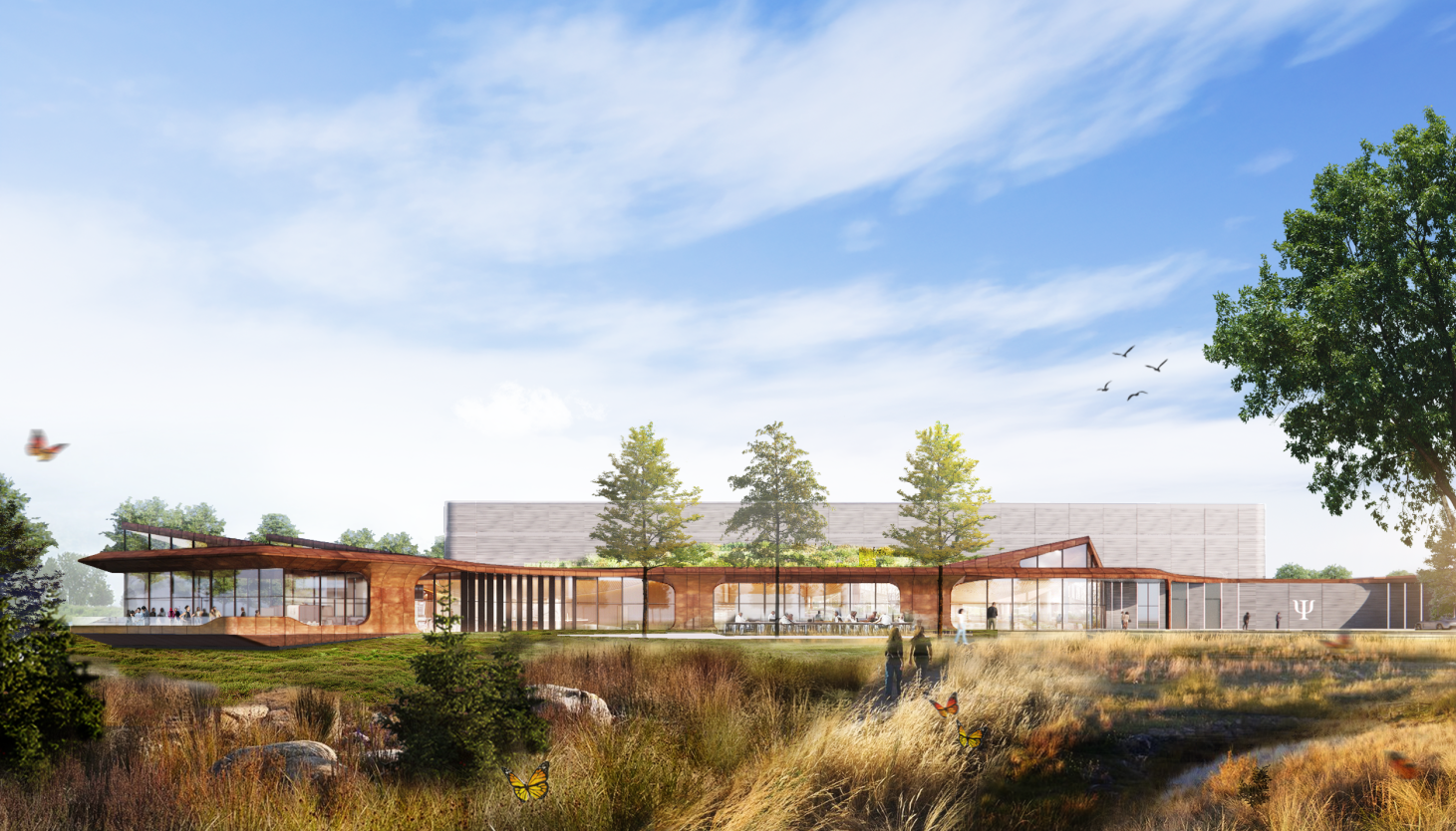
Despite a number of protests from community groups and residents, the Chicago Plan Commission approved plans on Thursday to rezone more than 400 acres of land at the former U.S. Steel South Works facility, which will become a new quantum computing campus.
More than 70 people signed up to voice their opinion on the project during the commission’s nearly six-hour meeting, which was held at Harold Washington College. Most were against the project, with some organizations saying that they plan to ensure environmental issues, new jobs and other community concerns are addressed by the developers.
“We’re going to continue fighting for community benefits for the South Works site,” said Amalia NietoGomez, executive director of the Alliance of the Southeast, an interfaith coalition of churches, schools, businesses and community organizations. ASE has been among the most prominent voices pushing for a community benefits agreement at the site. In October, it held a news conference where neighbors called on city and state officials to slow down development in order to secure a community benefits agreement.
Groups such as Coalition for a South Works CBA have asked for a community benefits agreement for any development proposed at the old South Works site.
PsiQuantum, based in Palo Alto, California, announced plans in July to build the world’s first commercially useful quantum computer at the vacant site. It will anchor the 128-acre Illinois Quantum & Microelectronics Park, which could be home to other technology and innovation companies. Developer Related Midwest said it’s currently in conversations with a “major” employer for the north end of the site, separate from the campus.
The 440-acre development, 8080 S. DuSable Lake Shore Drive, will be completed in phases over the next four to six years. Related Midwest said it has plans to expand and enhance access to more than 100 acres of parkland. There are also plans to have public artwork, bird-safe technology to minimize collisions, native landscaping and transit infrastructure, among other offerings.
Phase one will be the Illinois Quantum & Microelectronics Park, which includes the Defense Advanced Research Projects Agency and PsiQuantum. PsiQuantum’s facility will be co-developed by real estate firm CRG and Related Midwest. Lamar Johnson Collaborative will design the first phase of the park. If approved, developers could break ground in the first quarter of 2025.
Ald. Daniel La Spata (1st) and Ald. Byron Sigcho-Lopez (25th) abstained from the vote. Chicago Plan Commission Vice Chair Andre Brumfield recused himself from voting. The vote was otherwise unanimous.
The project will head to the City Council Zoning Committee before moving to a full-Council vote.
Ald. Greg Mitchell (7th) voiced his support for the massive project on Thursday. He applauded the level of engagement at the commission’s meeting and said the development is step one in kick-starting economic development on the Southeast Side.
“This is going in the right direction,” Mitchell said. “Are we there yet? No.”
The site is projected to have a $50 billion to $65 billion economic impact in the region by 2035 and create thousands of jobs.
“This is real,” Ald. Peter Chico (10th) said of the investment. “This is real dollars investing in the Southeast Side.”
Friends of the Parks joined the chorus of organizations against the project. Interim Executive Director Gin Kilgore pointed out how big the entire site is compared to plans that have been shown so far. The quantum park is roughly one-fourth of the 440-acre site. “We should not rush to bring in the bulldozers,” Kilgore said.
Development proposals at the long-vacant site have seen their rise and fall over the years, since the steel mill’s closure in 1992. Over time, plans including thousands of new homes and a Solo Cup Co. factory were all abandoned due to lingering environmental concerns.
The Illinois Environmental Protection Agency previously said environmental remediation on the site is complete. It was evaluated as safe for public occupation in 1997. It was re-evaluated in 2006 and 2010, officials said in August during the first community development meeting. The project’s developers have held three community listening sessions since July.
But residents and community organizers urged for an independent environmental study and said the 2010 evaluation was too outdated.
Anne Holcomb, of the environmental justice group ETHOS, said the group isn’t necessarily opposed to the project — they’re opposed to the “reckless speed” it’s moving at.
“We’ve seen a lot of pretty pictures today, and in previous public meetings, we’ve heard a lot of really pretty presentations,” Holcomb said. “What they’re not showing you is what is in the ground.”
Chicago’s Chief Sustainability Officer Angela Tovar said there will be additional exploration of land contamination at the former South Works site. “Those concerns will be mitigated,” Tovar said.
Other environmental concerns raised included the potential impact on nearby waterways and carbon emissions. PsiQuantum said its facilities will run on zero-carbon power, and smokestacks will not be used. The campus’s cryogenic cooling facilities will not use any chemical pollutants.
Quantum computing creates infinite combinations of the binary bits used by computers to calculate larger and more complex problems. It could lead to the manufacturing of new medical drugs and make sensitive data almost impermeable to hacking, among other possibilities touted by experts — but many of those possibilities are yet to be realized.










